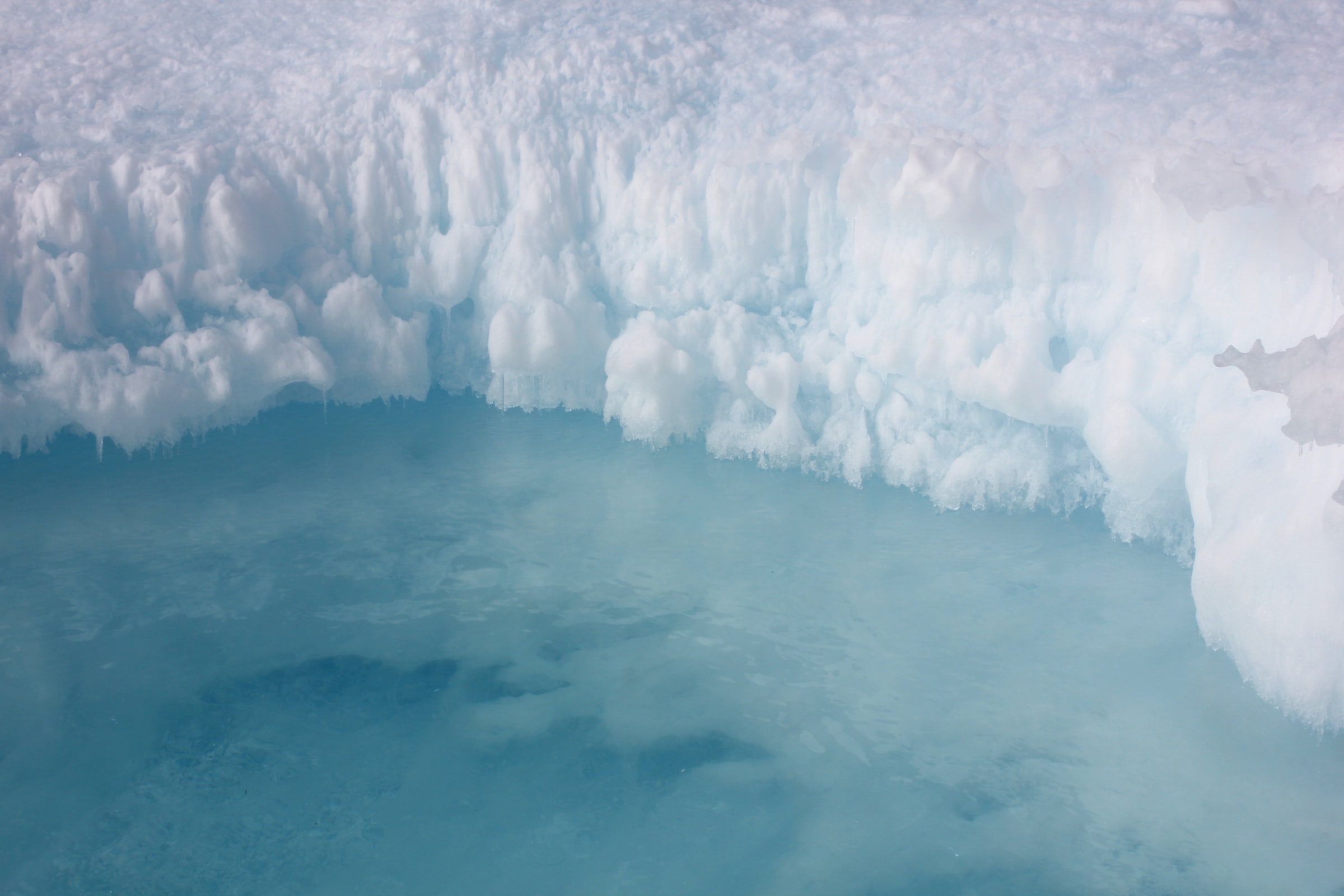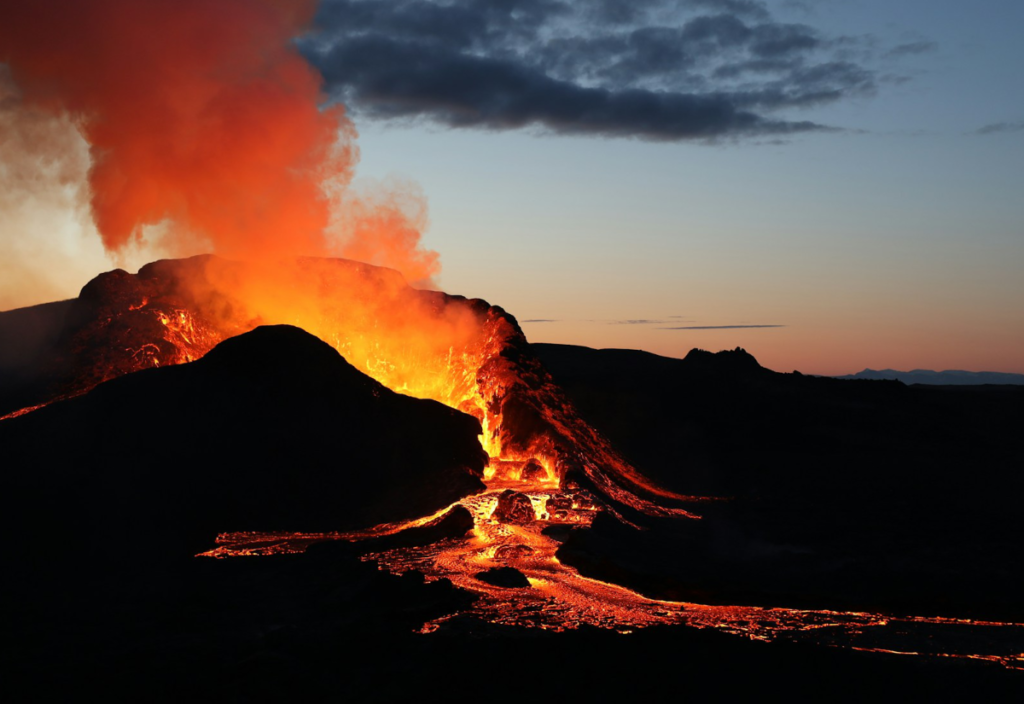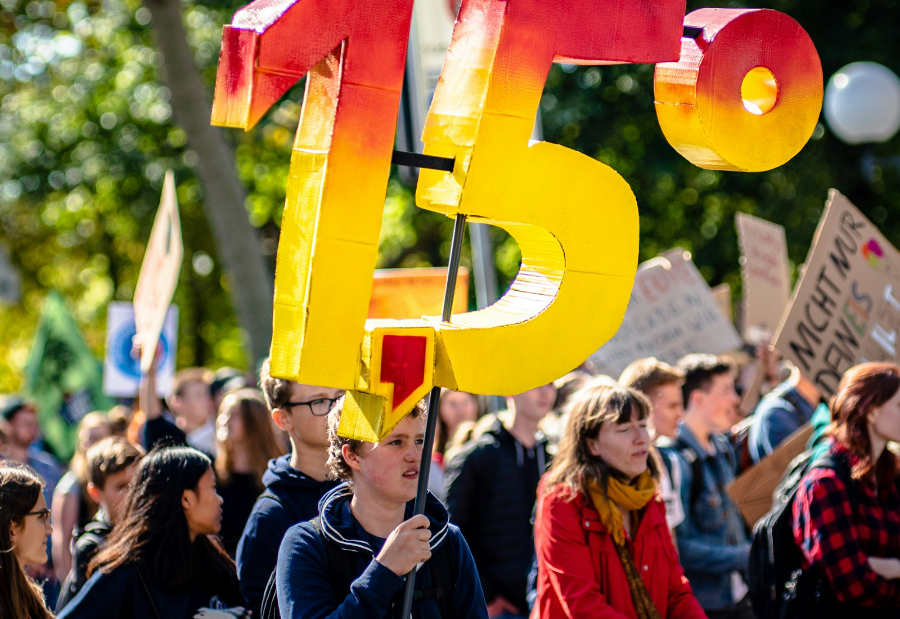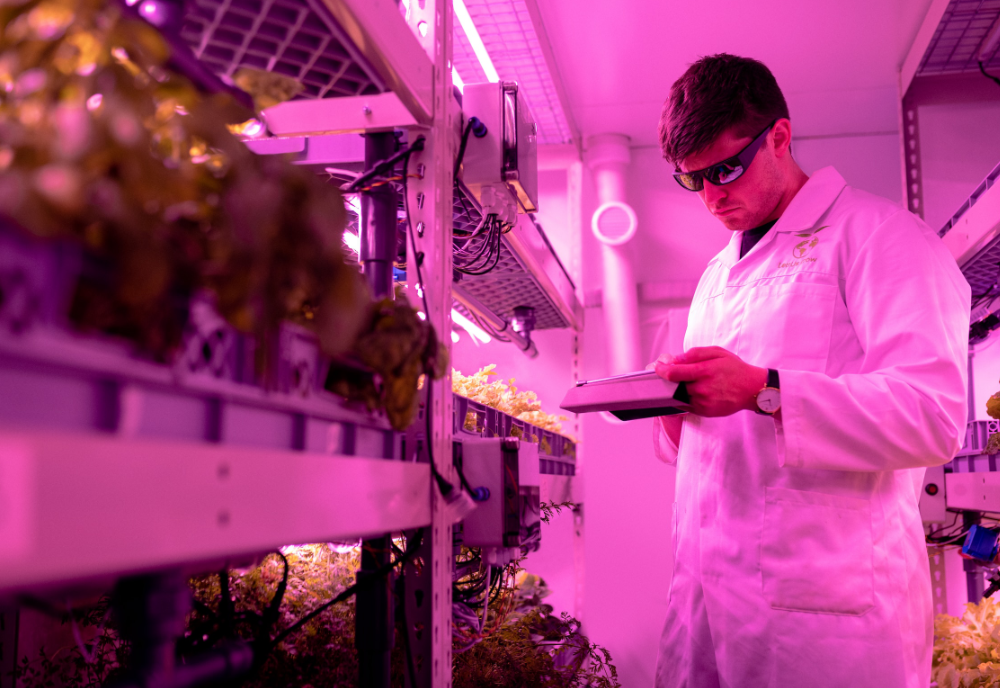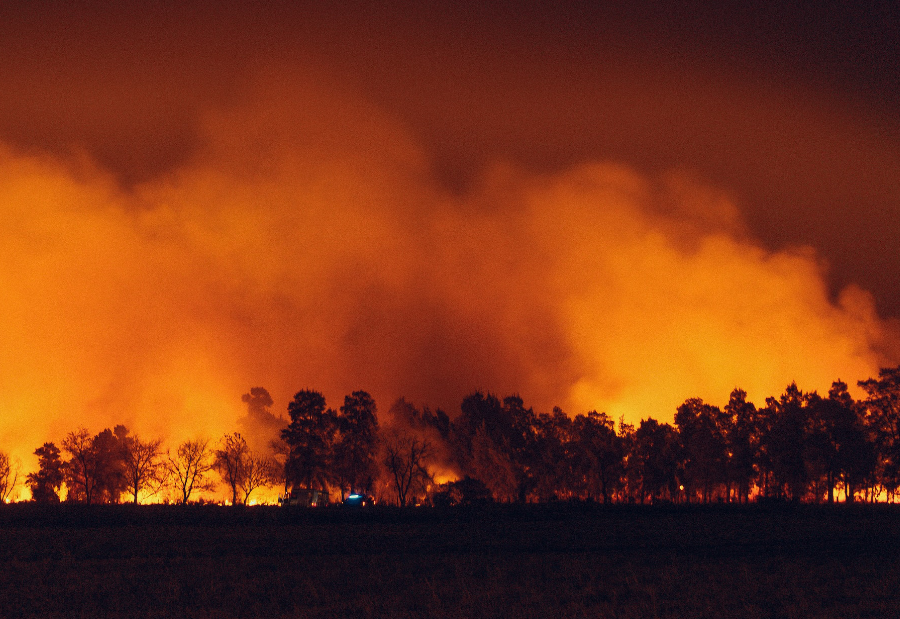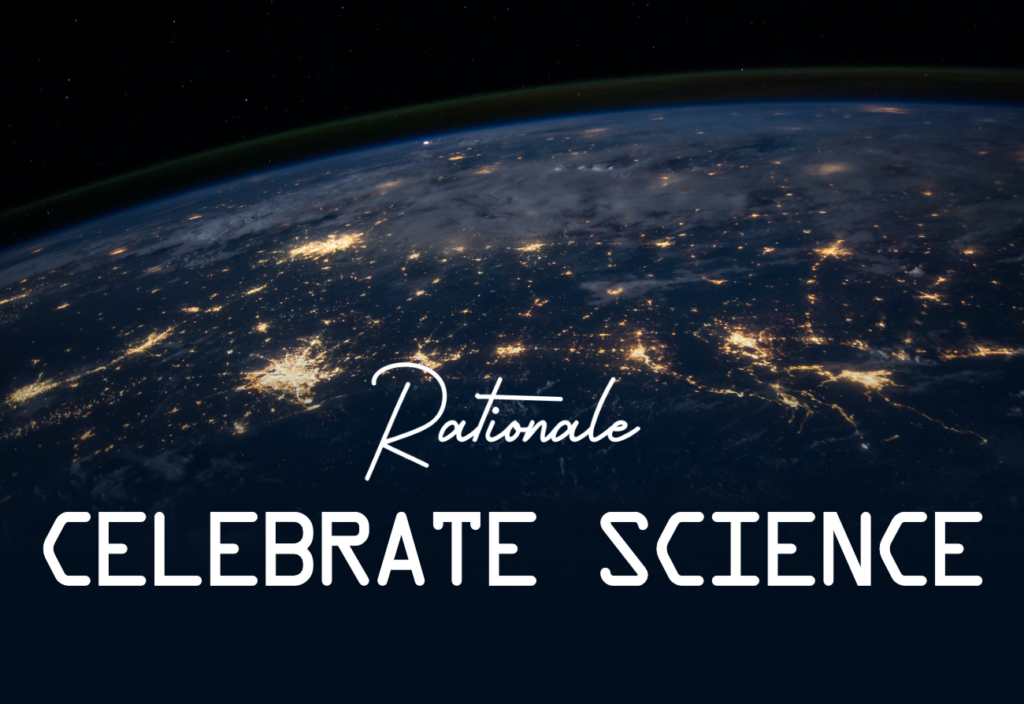Widespread scientific literacy – in schools and the wider community – is an essential part of any action plan to mitigate climate change. According to the Organisation for Economic Co-operation and Development’s PISA (Programme for International Student Assessment) for Development Brief – 2017/2, scientific literacy is “the ability to engage with science-related issues, and with the ideas of science, as a reflective citizen”. It implies that people will only accept as valid knowledge insights that are based on empirical evidence. It is not enough to have a theory about a phenomenon; that theory must stand up to facts and critical reasoning.
Science is a very powerful tool for understanding the world we live in. However, its findings are often counter-intuitive. Each individual person does not notice global warming; the phenomenon is too complex. Nonetheless, the science of climate change is irrefutable. The United Nations Intergovernmental Panel on Climate Change’s Climate Change 2013: The Physical Science Basis is adamant in this regard: “Warming of the climate system is unequivocal, and since the 1950s, many of the observed changes are unprecedented over decades to millennia.” The IPCC’s job is to monitor research results globally, and its members are leading scholars. Examples of this compelling evidence for rapid climate change are a global temperature rise, shrinking ice sheets at both poles, glacial retreats, decreased snow cover, warming oceans, sea-level rise, ocean acidification and extreme weather events. Surely, this ought to be enough to stir folk into action!
Ways out of the crisis
On the upside, science offers us ways out of the crisis. On a global scale, it is possible to replace coal mines and oil rigs with farms of solar panels and wind turbines. A raft of carbon capture and storage technologies can be used to ameliorate the impacts of fossil-fuel use in the transition stage. One other major solution lies in transitioning to electric vehicles using rapidly advancing battery technology. All this – and more – can be done. The transition to climate friendly lifestyles is feasible, but it requires determined action.
So, why hasn’t every person on Earth bought into the urgency of climate change and embraced the solutions? I think there are two interrelated barriers to action. The powerful fossil-fuels industry opposes reforms and has a history of promoting denialism. In addition, fearful people take comfort in disinformation that tells them everything is alright – or, at least, that they are not to blame.
I live in Australia, having spent much of my life in science-education and development projects in Asia and Africa. People in my home country often claim that Australia’s contribution to climate change is small. They are absolutely wrong. In 2019, a report published by Climate Analytics, an international think tank, had this damning summary: “On a per capita basis, Australia’s carbon footprint, including exports, surpasses China’s by a factor of nine, the US by a factor of four and India by a factor of 37.” This report was widely circulated but only had minimal impact on public opinion and government policy.
Sounding the alarm in a ‘doom and gloom’ fashion does not work. However, understanding the science behind climate change could not only reduce denialism but also inspire faith in available solutions. Fake-news lies are more readily accepted when the basic science is not understood.
Sounding the alarm in a ‘doom and gloom’ fashion does not work. However, understanding the science behind climate change could not only reduce denialism but also inspire faith in available solutions.
School curricula are relevant for promoting scientific literacy, but they evidently do not suffice, relying on a world-wide change in school science curricula will be too slow. Public education systems can be like juggernauts – slow and overly conservative. Funding for public education is often woefully inadequate – not only, but especially, in developing nations. I know of wonderful science teaching in many places. To get a grip on climate change, however, we don’t need isolated beacons of light. We need a floodlit plain.
Change needs to be a multi-level process: at personal, local, national and global levels. Each person in each community should understand the scientific basics of climate change. We must insist on evidence-based reasoning, assess information critically and reject conspiracy theories. One does not need a university degree to attain basic scientific literacy. Good science journalism is helpful, and many scholars make efforts to help people understand their research. TED Talks are videos from expert speakers that are freely accessible on the internet and have subtitles in many languages .
It is my hope that focusing on understanding will enhance commitment to change. Each science article read, each TED Talk viewed, each scientific discussion, each science teacher employed, each small tweak to the curriculum, each business owner or political leader who accepts responsibility – the whole is more than the sum of the parts. But each part must involve understanding.
This article was originally published in the June 2021 edition (vol. 121) of Australian Rationalist under the title ‘Scientific literacy and climate change: Why widespread understanding is essential for managing the environment’.
Photo by NOAA on Unsplash

